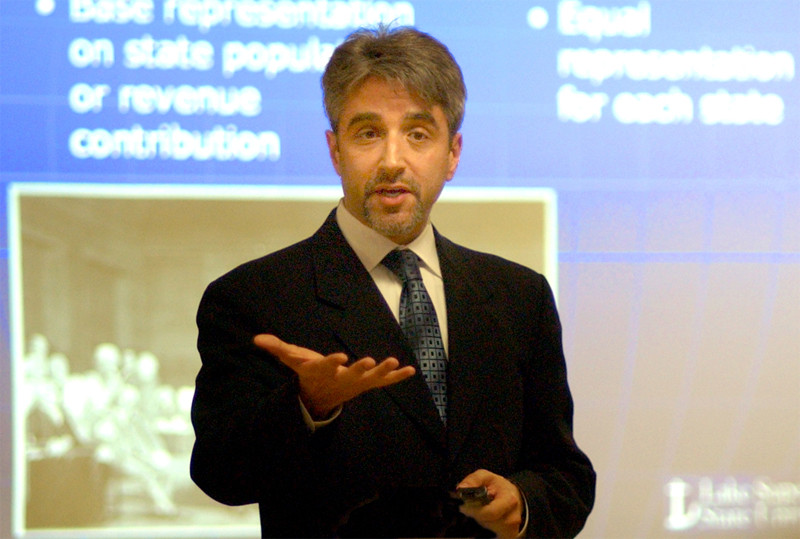Category: Conferences
All topics
-

Internet, Politics, Policy 2010: Campaigning in the 2010 UK General Election
– in ConferencesDrawing attention to the fact that the 2010 UK General Election was dominated not by…
-

Internet, Politics, Policy 2010: What is our impact on the Internet? Keynote by Arthur Lupia
– in ConferencesHave we been as effective as we could have been in changing people’s beliefs and…
